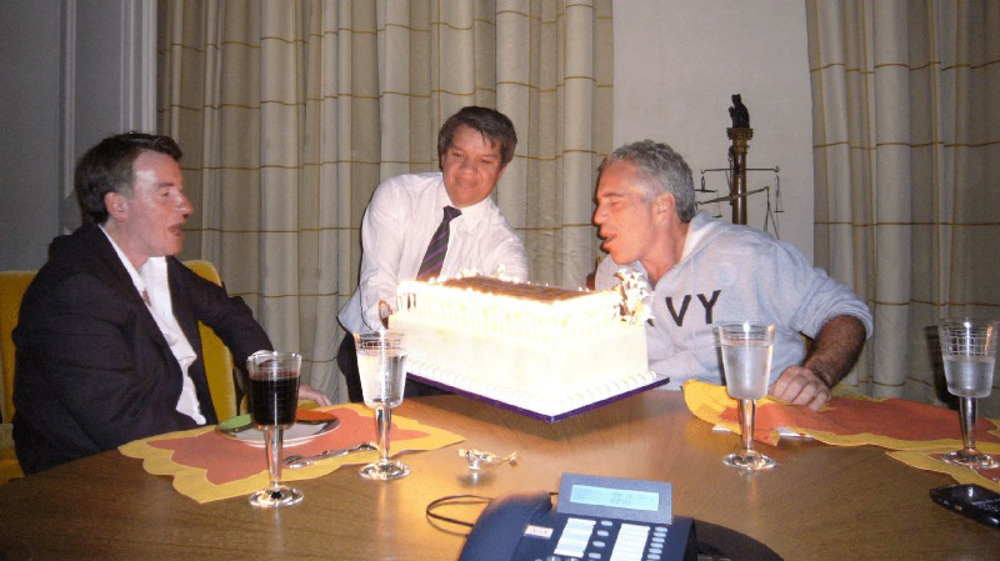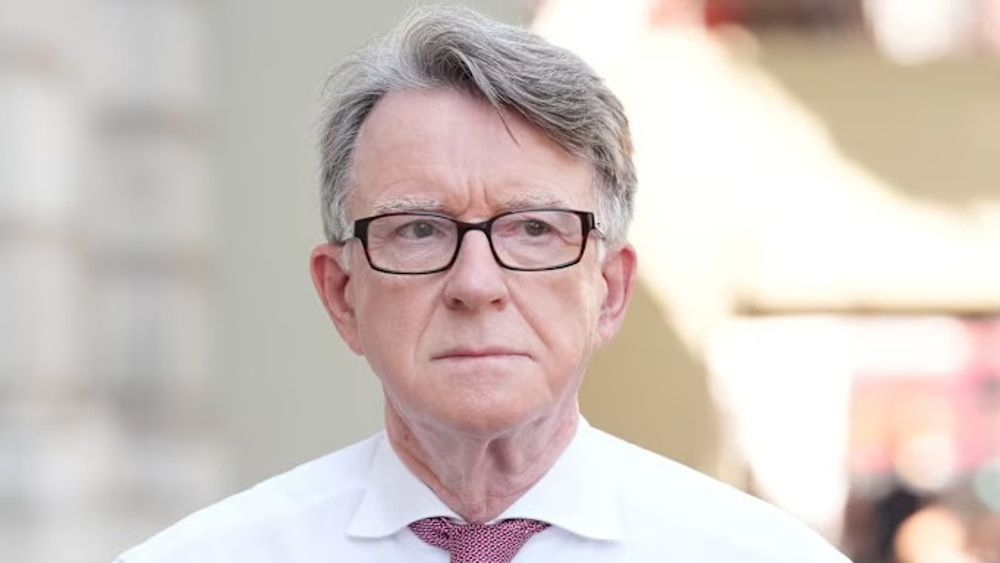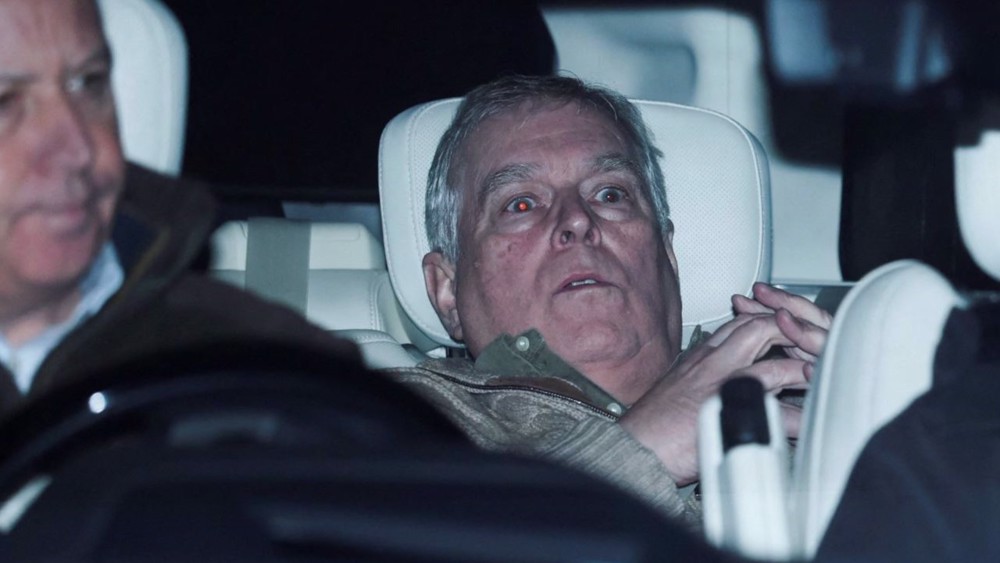UK PM reaches accord with N. Ireland's Democratic Unionist Party to hold power
British Prime Minister Theresa May has reached an outline agreement with Northern Ireland's Democratic Unionist Party (DUP) in an alliance that would allow her to remain in power after the Tory’s weak performance in Thursday’s general elections.
May’s office announced on Saturday that the DUP had agreed to support her government on the basis of a “confidence and supply” arrangement in parliament, a development that is due to be discussed in her cabinet on Monday.
“We can confirm that the Democratic Unionist Party have agreed to the principles of an outline agreement to support the Conservative Government on a confidence and supply basis when Parliament returns next week,” said a Number 10 spokesman.
"We welcome this commitment, which can provide the stability and certainty the whole country requires as we embark on Brexit and beyond,” he added. “The details will be put forward for discussion and agreement at a Cabinet meeting on Monday.”
The so-called confidence and supply agreement means that the supporting party will back the government in motions of confidence by either voting in favor or abstaining, while retaining the right to vote otherwise in matters of conscience. ‘Supply,’ on the other hand, refers to bills required for a minority government to receive funds to allow it to enact its policies.
Such an arrangement is much looser than the coalition which the Conservatives and Liberal Democrats formed back in 2010, since the DUP will not allow any of its MPs to become government or cabinet ministers.
The 10 MPs from the socially conservative Northern Irish party, which favors Brexit and the rights of center on many issues, could prove crucial in supporting the Tories on key votes after the polls led to May’s loss of control of the Commons.
The DUP ordinarily backs the Conservatives in Westminster and senior figures have ruled out an alliance with the Labour Party due to Jeremy Corbyn’s historic links with Northern Ireland’s Sinn Féin Party.
However, it is not yet clear what type of concessions the Conservatives have agreed to in order to secure the backing of DUP, a party with religious origins and an established historical association with Unionist terrorist groups.
It is suspected that the DUP has sought an agreement not to further slash benefits as the party is pro-welfare and has consistently opposed the government's austerity measures.
DUP leader Arlene Foster said, “It’s too soon to say what we’re going to do yet, I think we need to see the final make-up of Parliament and then we’ll reflect on that.”
Meanwhile, hundreds of protesters have converged on London's Parliament Square to protest the agreement amid calls on May to resign and fierce criticism of her move to call for the snap general election.
A total of 326 seats is needed for a majority in the Commons, as efforts to run a minority government are usually doomed to fail because of the inability to get any legislation through the parliament, which means that an arrangement with another political party is essential.
Bahraini police assaults crowds mourning loss of Ayatollah Khamenei
Iran posed no imminent threat to US: Pentagon tells Congress
Iran will hold no negotiations with US: Larijani
Despite Leader's martyrdom, Islamic Republic firmly in control and punishing the enemy
At least 31 killed in Israeli aggression on southern Lebanon after Hezbollah strikes
Iran writes to UN, warns about dire consequences for perpetrators following Leader's martyrdom
Hezbollah strikes occupied Haifa in retaliation for Leader's assassination
Ansarullah mourns Leader's martyrdom as 'great loss' caused by 'most wretched terrorists'













 This makes it easy to access the Press TV website
This makes it easy to access the Press TV website